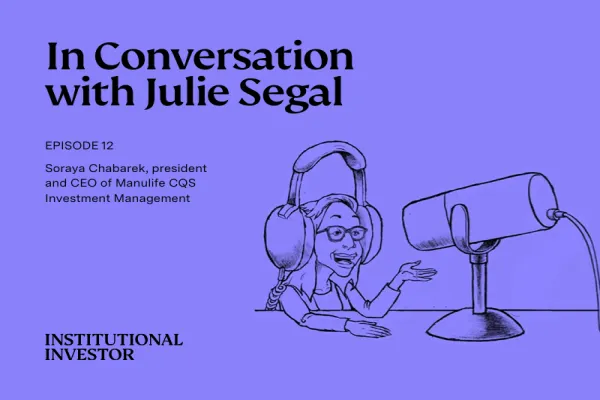A survey of the top Fortune 100 companies by law firm Shearman & Sterling has showed the beginning of a trend of shareholders pushing for majority elections of directors.
Thirty-two of the companies surveyed indicated that their shareholder proxy proposals included director elections by majority vote. These proposals are increasing even though they are not entirely successful. While 15 companies in last year's survey said they had such a shareholder proposal, only five said in this year's survey that they currently require a majority. Nonetheless, the findings indicate that shareholders are becoming more active and more involved in their companies, said John Madden, partner at Shearman & Sterling in New York.
Executive compensation rules and stock option probes are fueling shareholder activism, Madden said. The Securities and Exchange Commission has issued new rules requiring disclosure of top executives' pay and has probes into about 130 companies on employee stock option backdating. These areas are hot buttons that are increasingly piquing shareholders' interests in corporate governance, Madden said. "We see more and more companies under pressure from the shareholder community in one way or another."
Poison pills are another example. The survey found that 83 companies did not have poison pills in place, compared with 73 in 2005 and 67 in 2004. Madden said declining poison pill provisions show a governance issue emerging in the context of M&A: "Who has the authority to make the judgment?"
The trend of board members serving on fewer companies' boards is also occurring with audit committees, according to the survey. Sixty companies limit the number of other companies' audit committees on which a member may serve. "It's difficult to have many of these assignments," said Madden. "People are realizing the burdens of responsibility."




